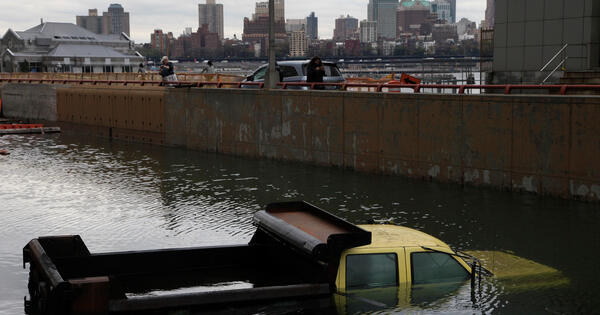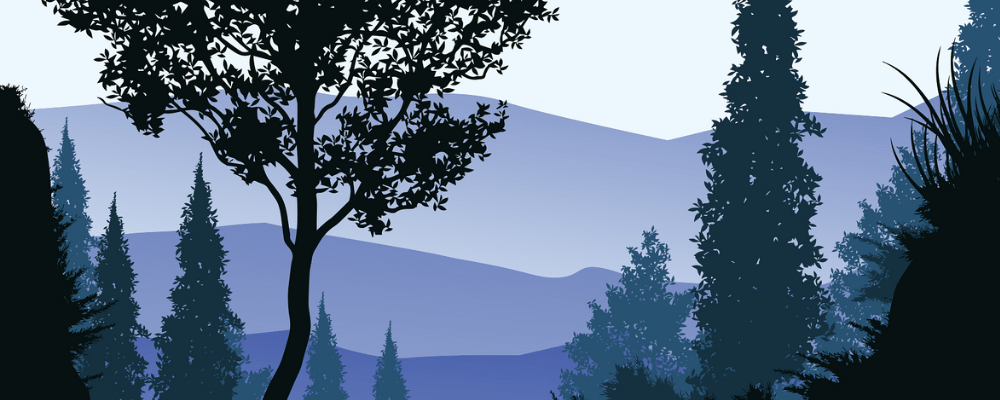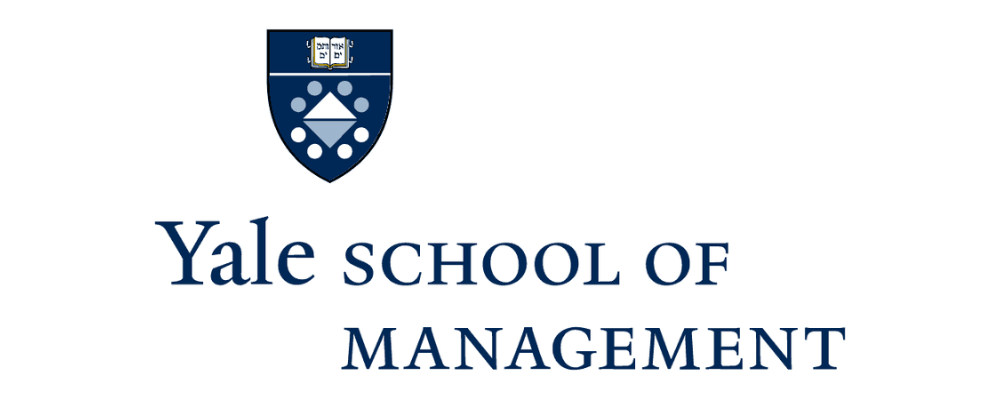
Q: What are the core values that led you to the work you do?
Passion and compassion drive me professionally and personally. I have a fervency for service to others that comes out of my roots in Judaism: You don’t have an obligation to perfect the world, but you do have a responsibility to keep trying to make things better. I come from a community that has been marginalized in so many ways. But I also had opportunity. I believe in fairness, equity, justice, and opportunity for the marginalized.
I’m not what many people think of when they think of a child of immigrants, but it’s so much a part of my identity. I grew up in the very middle-class, immigrant part of Forest Hills, Queens. As a kid, I thought that anyone over a certain age spoke English with an accent. I still live in the same apartment.
My parents were both refugees. My mother left Vienna with her parents in December 1938. My dad left Germany on one of the Kindertransports which got Jewish children out of the country. Both of my parents felt a very, very strong sense of gratitude to the United States for having taken them in. My mom was a smart, forward-thinking woman. She majored in economics at Brooklyn College at a time when women were going to be teachers, librarians, or social workers. She was passionate about New York City.
My dad fought in the Pacific then went to college on the G.I. Bill and became an engineer. He was perfectly happy to oversee bath time and perfectly happy to be in a marriage with an incredibly strong woman, neither of which were common in his generation. He had such a sense of compassion.
Early in my career, I taught night school at a junior college. I loved my students. They were very smart, but they had gaps in their education, very basic things they hadn’t been taught when they went through the same New York City public schools that I had attended. That robbed them of opportunity. When I realized how significant those gaps were, I decided, “I’ve got to do something about this.”
Q: How did you go about that?
I thought it was important to have administrative and leadership skills in addition to an academic background. That’s why I went to Yale SOM. Then, after a couple years with another organization, I joined the Robin Hood Foundation in 1999. Robin Hood is New York City’s largest poverty-fighting philanthropy. We work by supporting other nonprofits who are meeting the basic needs (like food, housing, and legal services) of New York’s 1.5 million people who live in poverty, while also funding nonprofits that are focused on creating opportunities for New Yorkers to elevate themselves from poverty through workforce development programs, community empowerment, education solutions, and more. I was brought in to help the organization develop a specialization in K-12 education.
Robin Hood’s founders were in finance. They wanted to apply a similar approach to philanthropy. At the time, it was still common to think, “Nonprofits are doing God’s work. We just need to give them money and let them do their thing.” Robin Hood evaluated organizations to decide which were worth investing in, then supported them the way a venture capitalist might with both money and guidance on things like strategic planning, financial strategy, or leadership development.
One of our core values at Robin Hood is, ‘We’re data driven, but heart led.’ It’s a mix of hard-edge business skills with compassion. That approach always reminds me of Yale SOM.
When I arrived, we were just starting to explore those ideas. After my experience at Yale SOM, it was an incredible opportunity to apply my understanding of business and civic issues to delivering resources that helped nonprofit organizations grow. I saw so much, learned so much. I’m super proud of the work we did to expand K-12 into a sizable part of Robin Hood’s portfolio even as the organization was doubling in size again and again.
Q: Robin Hood is known for its work on measuring impact.
One of our core values at Robin Hood is, “We’re data driven, but heart led.” It’s a mix of hard-edge business skills with compassion. That approach always reminds me of Yale SOM.
Our chief program officer, trained as an economist, worked with Nobel laureates to develop a system of metrics to do benefit to cost ratios. At this point, we have 170 algorithms on our website that we share transparently. We focus on outcomes—not inputs, not outputs, but outcomes.
We need the metrics. They’re really important. You measure what you value; you value what you measure. Still, grantmaking is science and art. We’re not simply going to run numbers through an algorithm without understanding there are people involved. And we’re not going to just base decisions on our feelings without recognizing that we can have more impact if we approach the process with real rigor. Rigor but not rigidity.
Q: Clearly not rigid. The entire organization has pivoted three times to respond to exceptional circumstances. Would you talk about leading the relief funds Robin Hood created?
When 9/11 happened, it changed the world, it changed the country, it changed New York, it changed Robin Hood.
We called every organization we supported. One told me, “The day laborers we work with can live maybe a day or two without working, they just need cash.” Another said, “Everybody needs food.” Everyone at Robin Hood was hearing similar things. The stories shaped how we responded.
We hadn’t done relief work. We didn’t have a budget line for cash assistance. But our executive director said, “This is our city. We’re going to do something.”
We found ways to get food and cash to communities where they were needed. I’ve come to love cash assistance because it’s giving people agency and autonomy and saying, “You know what you need.”
I volunteered to lead the relief fund. I remember saying, “I think this is what I was put on the planet to do.” I don’t know why I thought that because I didn’t know what I was doing. I did know I could work hard. We also thought we would be doing it for three months. Three years later we had delivered $65 million to families and communities impacted by 9/11.
Q: What did you take away from those three years?
After we concluded our 9/11 work, I wondered whether my best work was behind me. I’d discovered I had a weird talent for it. I never wanted the circumstances that require another relief fund. I’m not a silver lining person. I actually hate that expression. But being in that rare position of having resources and being able to help, it changed the way I thought about the world. Seeing so many people working to do good, helping others, I went back to another fundamental Jewish value that if you save one soul, you save the world.
I also came to understand that your best work must always be ahead of you. There’s always more to learn. With more experience there’s more you can do. I was glad to return to working on K-12 education.
Then came Superstorm Sandy. Robin Hood’s offices were suddenly in the trendy new community of SoPo—south of power. We moved to a temporary space. The storm hit on Monday and Tuesday, October 29 and 30, 2012. We had dollars going to food groups on Friday. It had to be fast because there were so many people without heat or hot water who couldn’t relocate. Children were wearing snowsuits indoors. You do this work with passion and compassion. In about two years, we distributed $82 million in aid.
Q: Measuring impact and focusing on outcomes are core to Robin Hood’s approach. How do you handle metrics during the relief work?
We learned from 9/11, it can’t be business as usual. When disaster strikes, we suspend our metrics because with relief work all you can really think about is inputs. How many meals are we delivering? How many dollars are we directing to restore heat and repair homes?
We created another relief fund during COVID. Having done three relief funds, I hope nobody ever has to do another one. During COVID, we made about 1,050 grants for about $83 million in 18 months.
To get grants out the door quickly, we often start with small grants then renew when we see the organization deliver. We do due diligence, and we also take a boots-on-the-ground approach. We learn from what we see in the field.
Q: Thinking about the two threads of your work—K-12 education and responding to crisis—what’s your take on the students whose education was so impacted by the pandemic?
The education results and the mental health needs of the young people whose schooling was so disrupted by the pandemic have led some to call them a lost generation. But this isn’t the first time we’ve talked about lost generations. A century ago, young people lived through a world war, a pandemic, a depression, and another world war. We call them the greatest generation.
Throughout the pandemic, Robin Hood hosted a call every Tuesday for organizations to talk about what they were dealing with and what they were doing. Over time it became more structured; the chair of our relief committee would interview a guest. The last question was always, “What gives you hope?”
We did that because the pandemic was too long. It was too hard. It shone a bright light on how broken all of our systems were. Those calls and the intentional looking for hope were important to me and many of the people who took part. I always feel like you can’t be limited by your own imagination. You need to have everybody else’s imagination join in. Sharing is where we will find all the great new ideas that are still to come.
None of us is in a position to impact all the areas that need change, but if we each look in our own span of control, we all have opportunity within that. We aren’t going to perfect the world. But we can make it better.
We can see what the issues are. We shouldn’t be rebuilding broken systems. We should build new systems. And I am convinced that if we do our work correctly, not just Robin Hood, but we as a society, today’s young people, who were born in the shadow of 9/11 and lived through the pandemic, will not be a lost generation. Whether it was with Parkland or Black Lives Matter, they have shown us they know what it means to exercise voice. They have all the potential to be the most resilient generation. That’s so much of why I still have hope.
“The Yale School of Management is the graduate business school of Yale University, a private research university in New Haven, Connecticut.”
Please visit the firm link to site



